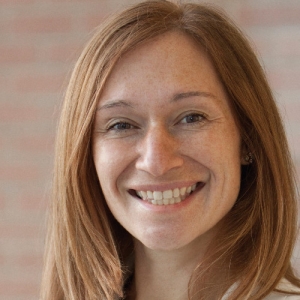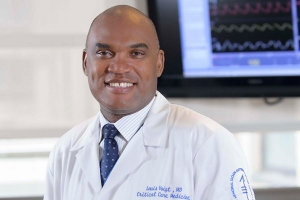Keisha Ray, PhD, Assistant Professor, McGovern Center for Humanities and Ethics, McGovern Medical School, University of Texas Health Science Center
Keisha Ray earned a PhD in philosophy from the University of Utah. Before becoming an assistant professor with the McGovern Center for Humanities & Ethics, she was an assistant professor of philosophy at Texas State University, a postdoctoral fellow with the McGovern Center, a lecturer at various universities in Texas and Utah, and a postdoctoral fellow at the Center for Bioethics and Humanities at the University of South Carolina.
Most of Dr. Ray’s work focuses on the social determinants of racial disparities in health and health care and incorporating race education into medical school curricula. Additionally, she works on justice questions related to biomedical enhancement. She also has interests in bioethics in general, biomedical research ethics, and medical humanities.
She has contributed to peer-reviewed journals, edited volumes, and textbooks and currently has two monographs in progress on racial disparities in health. Dr. Ray was also appointed as an associate editor of the American Journal of Bioethics online blog site to which she is a regular contributor.






